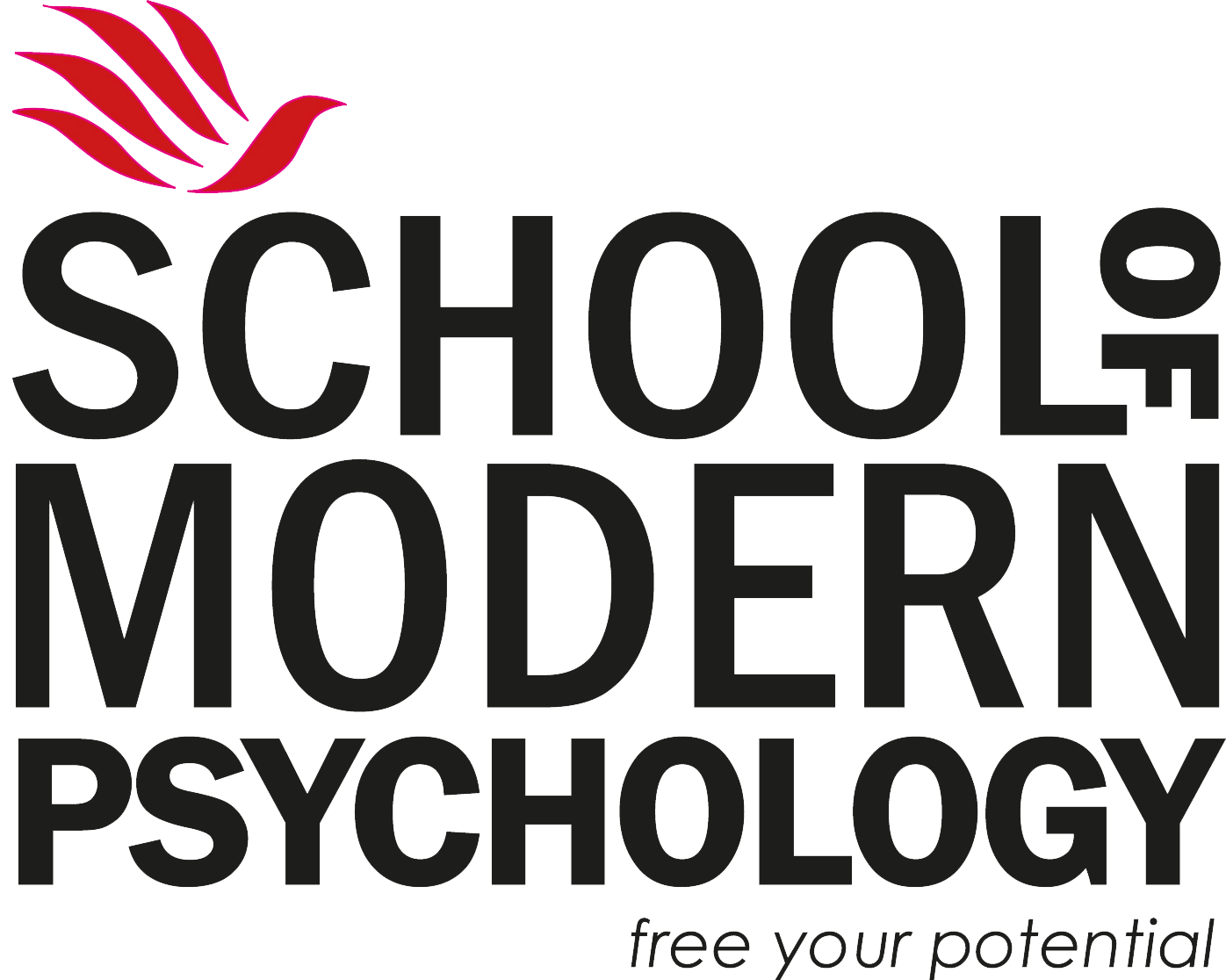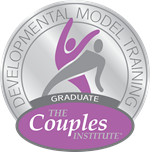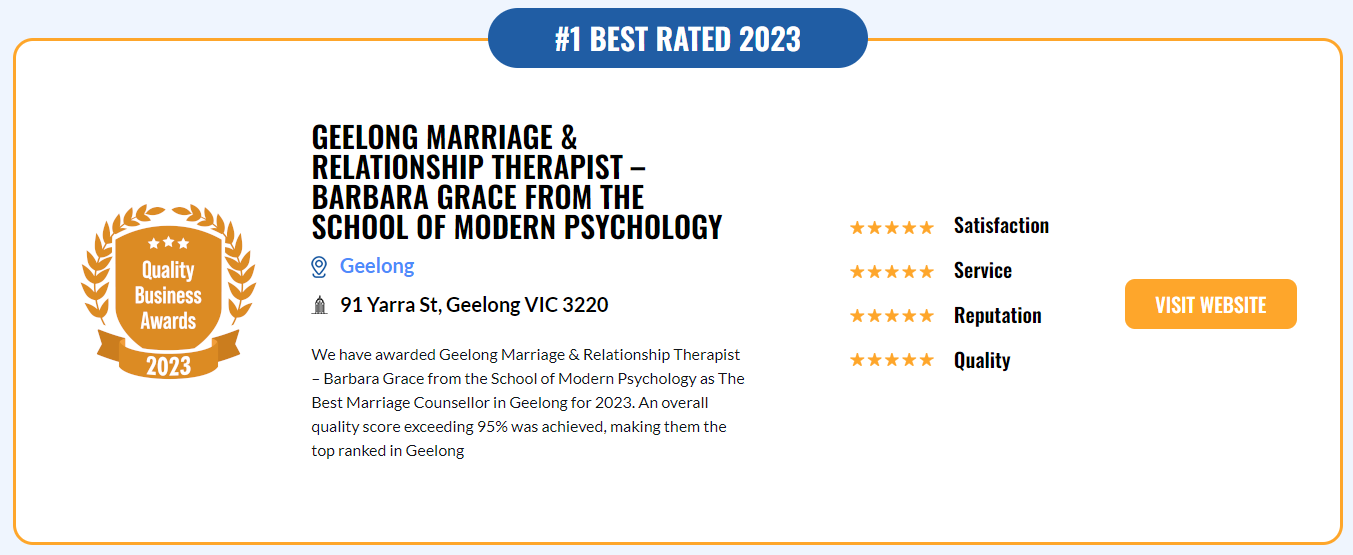This Psychological Framework Explains Why Youʼre Feeling Stuck
/As a child I received so much judgement for my red hair, shyness and awkwardness that I vowed never to judge others. Instead I opened a fairytale mindset embracing all.
Smart, hey?
Nope. All I achieved was a 180 degree turn that created another problem - letting people into my life who I should have kept out.
Move on another couple of decades and judgement thinking - the stuff I wanted to avoid all my life - crept back in, like an unwanted guest.
Making judgements from a ‘subconscious part of me’ - meant making assumptions and forming opinions without any more thought or insight than a whiff of information.
That subconscious part is the key. Judgement thinking swims way below consciousness.
What shocked me, once realising how easily these trip-wires haunted background thoughts, was how often they arrived when I wasn’t ‘minding my mind’ - ie directing mindful thoughts, instead, letting this curious mind of mine wander aimlessly.
It was in noticing these thoughts - particularly the quality of them - and how they framed each interaction between parts of myself that a shift began emerging.
What follows in this article are the ways I saw judgement turning up. It’s only in calling out these patterns that noticing my thoughts allows for a wiser me to stop them in their tracks. Maybe you can relate.
1. Why scarcity thinking is juice for judgement & staying scared
Raised in a family where money was scarce, love was conditional, acceptance of others was rare and opportunities were simply for others, created a mindset of fear.
Fear fuels doubt, numbing the taking of action, for fear of getting it wrong.
Stuck and scared means self-sabotaging and denying what’s possible. It clouds clarity.
Scarcity thinking fuels judgement.
Scarcity thinking whispers ‘not enough’.
Scarcity thinking lurks in mindless moments.
Scarcity thinking kills creativity and innovation.
Scarcity thinking thrives on bottom-dwelling judgement.
The first way to move beyond this thinking is ‘noticing’ thoughts and calling them out:
“Oh, here’s Scarcity turning up with fear and doubt - it’s ok, I’ve got it - thanks for letting me know you’re scared. I’m ok, time to take a back seat”.
This simple step allows a gentle and more kind voice to enter, stopping the patter of unchecked thoughts that lead to a closed mind.
2. How tribal thinking, once DNA’d for safety, now offers stuckness (think being controlled &/or controlling)
I understand from listening to thousands of couples in my professional life that thoughts (based on biased beliefs) influence the ‘who’ who’s turning up in relationships - especially the primary relationship with ourselves.
Knowing that:
Self-judgement means playing small, and that
Judgement was part of life’s evolutionary design for safety and survival - doesn’t change the fact an upgrade in thinking is needed.
Being judged by a tribe (in early days) as unwanted or unworthy, meant exile, being pushed out into survival.
Belonging to a tribe was sacred, not to be messed with - without it you lost the safety and security provided by the clan.
So ‘being acceptable’ - and accepted by the tribe’s standards was vital.
Today, we’re not bound to just one tribe, so acceptance or rejection isn’t a life-death experience - although it can feel like it if ghosted by friends, family, social groups or lovers.
A tribe can include family, interest groups, colleagues, friends - anyone with whom we share a connection. Even bikie gangs, regligous groups and crafting circles are tribes.
In modern times tribes no longer represent survival. They represent something more important: connection to people who matter to us, which amplifies feeling known, seen and heard.
Tribal thinking - often learned in a person’s family of origin reveals itself in these phrases:
You should/shouldn’t do that
You’re always making mistakes
You’re never on time
Must you act that way?
These language patterns are about subversive control, undermining identity, and belittling so others hold power.
3. Fact: comparison thinking triggers black/white - good/bad choices = limited possibilities
In modern times, judgement offers an easy classification matrix.
Carl Jung wrote, “Judgement is a screen between reality and us.”
Carl Jung, a renowned Swiss psychiatrist and psychiatrist (1875-1961), suggested those who judge do so to fit people into a structured and organised external world, rather than using a more flexible, curious and open-ended approach of perceiving.
‘Perceving’ means paying attention - noticing, by using all senses.
Not just glancing at limited information and making assumptions,
Not filtering what’s heard through personalised screening devices to minimise/delete/distort others’ words,
Not assessing others’ actions against our belief system (which may need an update),
Not labelling ideas (or people) as good or bad,
Not assuming another’s intention, or
Type-casting others into ‘good enough or not good enough’ buckets.
Jung questioned whether judging was simply easier than doing the thinking required by an open-ended ‘perceiving’ approach.
Is it easier to ‘judge’ and organise people into categories, than look at the individual and see the person?
I know how easy it is to rush through days, ticking lists, skimming across busyness like a pebble over a pond - only touching lightly for fear of sinking.
Tonight at dinner, the waiter showed surprise at my ‘dessert’ choice, with a ‘I wouldn’t have picked you as choosing this.’
We talked.
About how easy it is to type-cast someone, especially around age and gender. The food ordered, the drink consumed, and apparently even ‘dessert choice’.
Judgement may make categorising people easier, it also dumbs down the experience, minimising and diminishing a person to a ‘type’, and missing luscious details - or the ‘category of #1’ as I challenged the waiter.
Sidenote: later I winced at this detail, judging myself as arrogant - does self-judgement ever stop??? Or is it the gift of self-actualisation - demanding I dance to a higher, more altruistic way of being?
Judgement is the fast-thinking, quick-fix approach that misses the depth of perception, of seeking richer understanding through curiosity, and the asking of questions to discover more.
“We can be blind to the obvious, and we are also blind to our blindness.” Daniel Kahnemann (Thinking, Fast and Slow)
‘Perceiving’ asks for humility, as the initial reaction to a situation, or an experience, may not offer the full story.
I notice this when working with couples - if a person feels they’re good at ‘reading’ another’s emotion, it’s easy to fall into quick judgement and react (or respond) from this interpretation.
Often the judgement misses the issue - ‘blind to our blindness’.
But … what if judgement was held, and curiosity to ask questions moved forward - rather than making assumptions?
How many arguments could be saved?
Just a simple, ‘Hey, is everything ok, you sounded stressed earlier’, could steer a conversation in a fresh direction, where being seen, heard and felt allows for stronger connection.
4. How ‘fast thinking’ skims details, fuelling shallow options = poor decisions
How judgement destroys relationships …
At the start of a relationship, potential partners can ‘seemingly’ do no wrong.
Two years in and it can be another story.
Last Tuesday, an email arrived from a person I’d worked with a couple of years ago. After reading over session notes, I recalled them well - particularly their last appointment with me where the partner showed how the belief system being followed was causing mayhem in their relationship.
At the time, both professed awe of each other, hot passion, conversational connection and deep love. This was ‘it’, they said, after numerous failed attempts with others.
Love really was blind.
Today, 2 years later, they’re separated due to domestic violence.
Were the signs of this evident early in the relationship?
Yes.
Problem is that we each see what we want to see.
Fresh love offers hope. A fresh start. A fresh identity even.
When ‘fresh’ wears off, reality looms - the screen Carl Jung describes doesn’t just disappear - it shatters - and people’s lives along with it.
At the time, this couple judged each other as suitable partners, unfortunatley leaving their perception lens - the one where all senses allow for critical reflection based on values, core needs and personal beliefs - out of the equation.
How judgement shifts with time
In those early days of dating, judgement often hovers inward - whispering …
‘You’re not good enough for them’ …
‘They could do better’ …
‘What do they see in me’ …
‘Don’t stuff this up’ …
This thinking also belongs to ‘tribal thinking’ mentioned earlier - being rejected by a potential mate did not go well for a person’s future.
But … within a relatively short time, judgement can turn outwards saying,
‘They’re selfish - their needs seem to always come first’,
‘They don’t truly respect me or what I value’,
‘They’re lazy and self-centred, it’s all about them’,
‘They don’t really care about me or what I think and feel’ …
The distance from ‘Am I worthwhile?’ to ‘Are they worthwhile’ is unfortunately too long, as the rush to partner when the relationship ‘feels right’ overtakes the work of ‘perceiving’ whether they truly are a good fit - for the long term, after the lust settles.
Fast thinking denies time and truth
Fast thinking robs the mind of deep work
Fast thinking misses the richness of depth and detail
Fast thinking creates worm holes that are challenging to retreat from
Fast thinking rushes thought, leaving consequences of poor judgement hard to live with
5. This is what ‘power-over another’ thinking reinforces grandiosity = one-upmanship
We’re living in a loneliness pandemic - is judgement (of self and others) at the root of it?
Power-over thinking limits connection and growth.
Power-over thinking is self-serving.
Power-over thinking builds walls.
Power-over thinking segregates.
Sadly my mother lived in a lonely world of her own making.
She lived in fear of others - their power, their intention, their judgement.
Yet, what she feared in others, was the mindset she lived with herself.
Perception is projection.
Isolation fuelled anonymity, disconnection and eventually severe mental health issues.
She had no tribes, which meant self-reliance = isolation.
As humans, we’re not genetically wired for this as so many ‘fail to thrive’.
...World Health Organization - https://www.who.int/multi-media/details/loneliness-and-social-isolation-are-health-risks
Fitting In
The relic from tribal days appears as judgement - the need to fit in, to be acceptable by those who judge you of being worthy - or not.
The shift in developmental thinking moves from tribal thinking to power thinking - and in the process often lands in ‘power over’ thinking before balancing the equation with ‘equality thinking’.
And it’s the mindset keeping outmoded beliefs around who we need to be that were formed long ago.
The uncomfortable truth …
Judgement is a human trait born of evolutionary survival patterns.
Survival kept us ever-watchful, fearful of rejection from the tribe.
Tribal thinking taught us to fit-in at all costs - to deny independent thinking.
Independence, and the thinking that went along with it, could result in expulsion.
The self-judgement legacy
Today, self-judgement can metaphorically eat people alive, with the ‘I’m-not-worthy’ story, victimising self and relationships.
It’s the left-over thinking from ‘be like us’ days - don’t rock the boat or you’ll be outed.
It’s from this space - this internalised judgemental space - that self-judgement shifts into judging others, creating a fear-based mindset that keeps many fearing change and growth.
The thinking behind it: ‘If I’m not good enough, then neither are they’, coupled with ‘Who do they think they are'!’
Projection - the art of seeing what we don’t like in ourselves in the behaviour of others
Why is it easier to see what we don’t like in ourselves in the behaviour of others?
Easier to find fault in others than clean the cloudy mirror of ‘not enoughness’.
Easier to project than do robust self-reflection.
Easier to get caught in black/white, good/bad thinking than seek richer insights with more options.
Easier to judge partners, friendships and relationships and whether they’re ‘doing enough’, ‘noticing us enough’ or really ‘getting us’.
Judgement as a stepping stone to Boundary setting
I think of judgement, and all of its precarious potholes, as a prelude to Boundaries.
Boundaries are firm (yet flexible when needed), living entitities that need …
Considered definitions outlining values & needs,
Conscious intallation with a clear mind … and then,
Clarity around how to protect and respect your Boundaries.
Next Up …
Ready to discover how to switch judgement thinking to boundary setting?
Subscribe to receive this next instalment and uplevel your thinking so you choose actions aligned with the outcomes you crave.
Subscribed
If you enjoyed this read, the best compliment I could receive would be sharing it with someone you believe needs to hear it. Or simply Restack it with a comment about what resonated for you.










